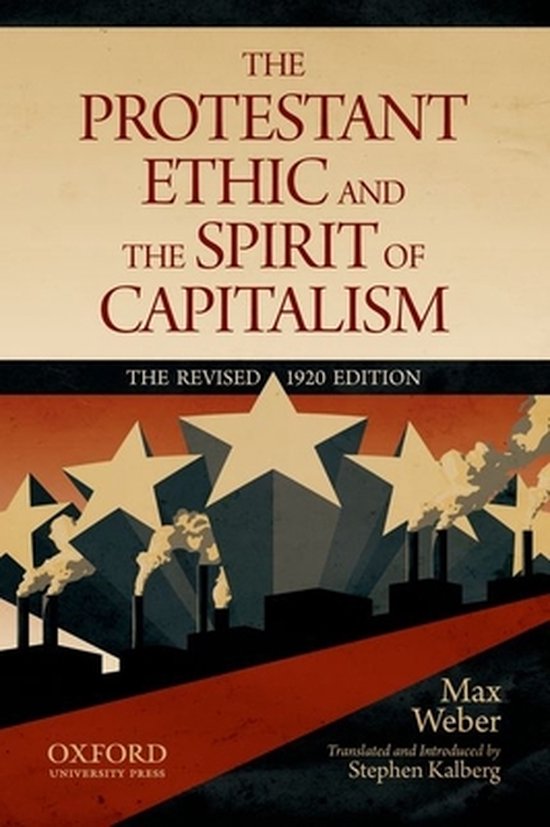
Protestant Ethic & The Spirit Capitalism
-
AuteurMax Weber
- Uitgeverij-
- Jaar-
Max Weber's 'Protestant Ethic & The Spirit of Capitalism' is a seminal work in sociology that explores the relationship between the ethics of ascetic Protestantism and the emergence of the spirit of modern capitalism. Weber argues that the Protestant work ethic, with its emphasis on hard work, discipline, and frugality, played a significant role in the development of capitalism. This book delves into the cultural and religious influences that shaped economic behaviors and systems in the West. Weber's analysis provides a profound understanding of how religious beliefs can influence economic practices and societal structures. The book is a must-read for anyone interested in the intersection of religion, culture, and economics.
Beschikbare exemplaren
€16.95
GOED
Hier en daar wat markeringen met potlood. Verder is het boek in prima staat.
Hier en daar wat markeringen met potlood. Verder is het boek in prima staat.